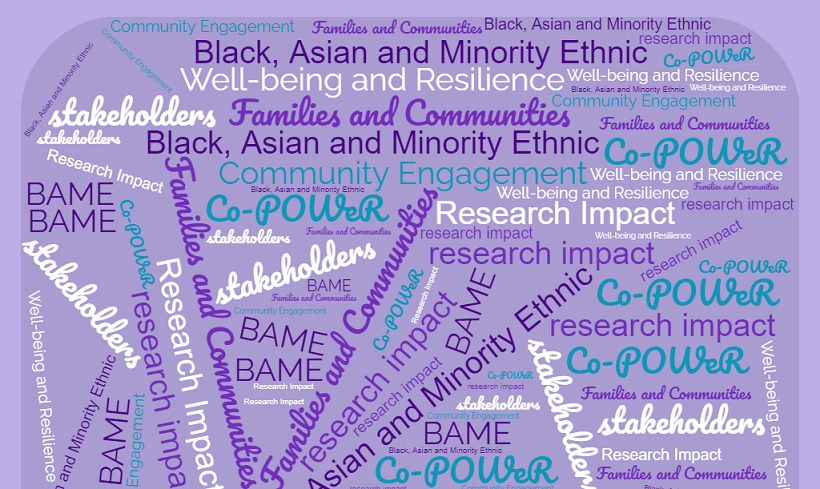Context is key to ensuring research makes a difference

What is ‘research impact?’
Research impact means making sure that research makes a difference. This could be any “effect on, change or benefit to the economy, society, culture, public policy or services, health, the environment or quality of life.” The problem is that ‘research impact’ is often associated with external evaluations of a university’s success in bringing about change from its research. This takes attention away from the context in which research happens and the perspectives of the intended beneficiaries.
The impact of research cannot be achieved in isolation. It must be the result of a negotiation between the researching institutions and the respective community researched.
Why context is key
In our daily lives we realise the importance of ‘putting things into context’ to understand situations and things around us. Similarly, research cannot achieve any meaningful change without taking seriously into context, the voices of the community. There must be collaboration between universities and the communities they aim to help.

Contextualisation is a crucial element in accomplishing the desired research impact. As such, by linking the impact of COVID-19 to the specific contexts of policing, youth, caring and physical activities in ethnic minority communities in particular locations, we are forming a better understanding of these communities’ lived experiences. Contextualising the effects of the Coronavirus on these marginalised minorities highlights the enduring impact of discrimination and racism as an ongoing virus. The impact of these two viruses cannot be measured in a similar way to other less affected communities. Impact is not one size fits all or a standardised measuring technique.

Co-POWeR’s approach
Research impact depends on Community Engagement (CE) and inclusion. In Co-POWeR we contextualise our research by linking it and working with the specific communities at stake. This important interactive element is what Co-POWeR has aimed to develop at the centre of its research. The strength of Co-POWeR lies on the one hand in the diversity of knowledge and expertise of its BAME (Black and Minority Ethnic) project team, and its community engagement efforts on the other.
Co-POWeR has created a large CE panel to place the voices of the community at the heart of its research. Co-POWeR engages with members of ethnic minorities across the country as research participants and community partners to support, guide and help the research impact.
The aim is that Co-POWeR’s Community Engagement panel will help to bridge the gap between the research team in academia and the ethnic minority communities, enabling collaborative research impact outcomes. Through meeting with the panel, we aim to create a space where community members and researchers can contextualise our research, and negotiate and build a better understanding of the impact of our research. The collaboration between the Co-POWeR research team and our CE partners can help the researchers ask the right questions, approach the relevant people, and keep the research impact in check.
Through this vital collaboration process, we can maximise the positive and minimise the negative impacts of our research on ethnic and minority communities.
Blog post by Shareefa Fadhel
